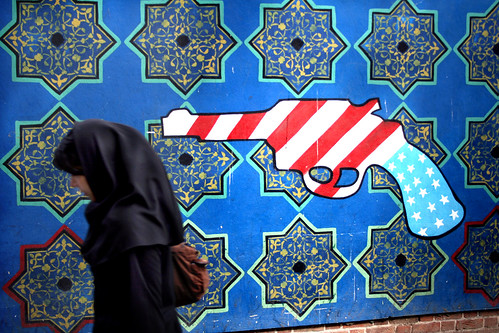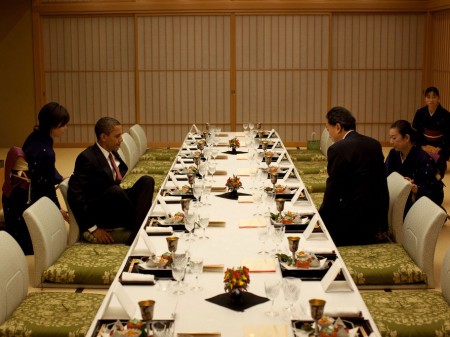
Don’t defeat Iran. Shi’ism is not America’s enemy. It is not in the long-term interest of the United States to side with the Sunni Arab states against Iran or vice versa. Doing so produces an imbalance of power in the region as we learned with the collapse of the Iraqi state in the aftermath of the American invasion of 2003. Iran was then able to establish a contiguous sphere of influence stretching from western Afghanistan to the Mediterranean — something that was only averted by the Arab Spring reaching Syria.
The two-year-old Syrian crisis has now come to a point where Iran is on the defensive, as its positions in Lebanon and Iraq come under threat. But Washington’s talks with Moscow in an effort to reach a negotiated settlement on the Syria crisis may indicate that the United States is not interested in allowing the pendulum to swing in the other direction this time around.




